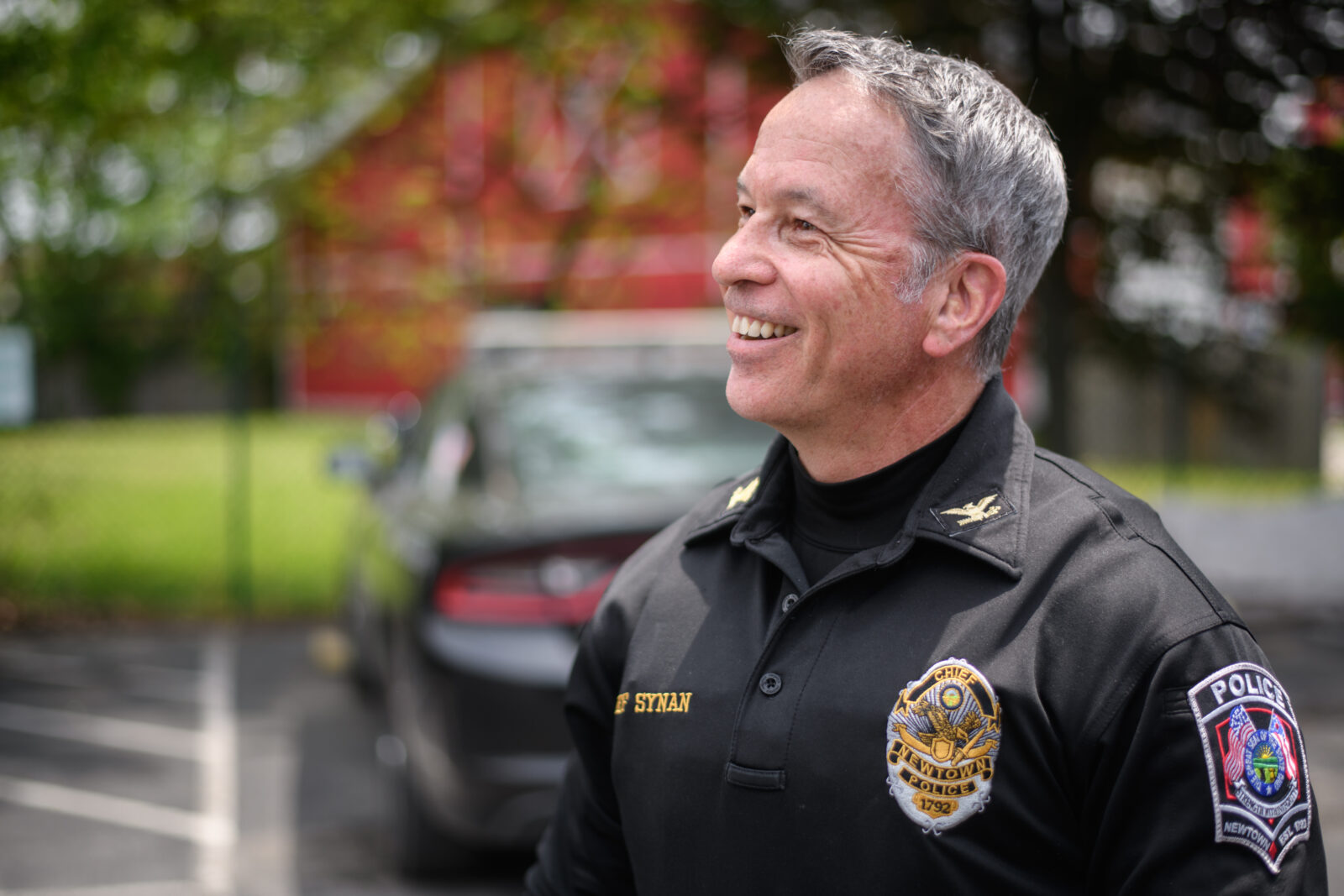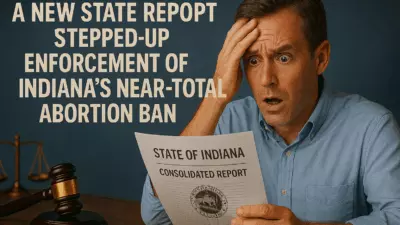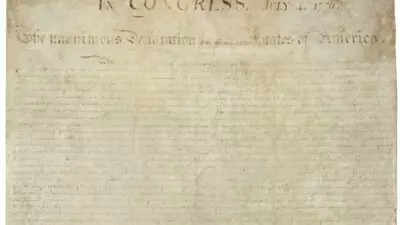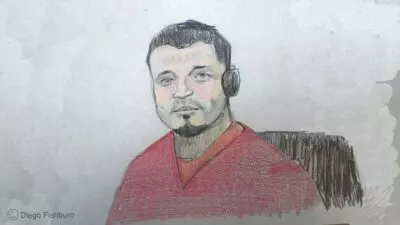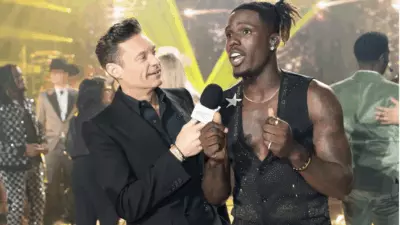As a boy, I dreamed of being a police officer.

That’s all I wanted to do. I believed that if I became a police officer, I could change the world. To fulfill my life’s purpose, I would have to wear a badge.
Yes, it was a naive, maybe corny idea — but holding onto just a touch of that corniness and naivete has carried me through a 30-year career in law enforcement.
So much has changed, yet so much remains the same since that time. It didn’t seem so difficult in the beginning to understand what law enforcement was. As a kid, I watched reruns of the “Lone Ranger.” I cherished the image of a lone officer riding in to save the day by catching the “bad guy” — not only saving the day but also saving the town from evil. Our hero always came through it seemingly unscathed.
That’s what I believed law enforcement — and a lawman — to be.
I also watched reruns of “The Andy Griffith Show.” In contrast to the Lone Ranger, the sheriff of the small town of Mayberry did less “catching the bad guy” and more “solving the everyday problems” of those in his community. In every episode, Andy also was able to save the day.
During my three decades as an officer, much like those who served 30 years before me and those who will come 30 years after me, I have lived through wars in Iraq and Afghanistan, sieges in Waco and Oklahoma City, the traumas of 9/11 and COVID-19, the beating of Rodney King and the killing of George Floyd.
And in my small community, I have accompanied the people I serve during births, weddings, and birthdays. I have cried with them through their divorces, the deaths of friends and family members, and incidents of despair.
In 2014, I witnessed an entire family, an entire generation, lost to addiction. A mother and all three of her sons are gone — shattering some of my naivete that I could save the world. After that, I met with others in the community and helped form the Hamilton County Heroin Coalition, which helps connect people to services that can help them with life’s traumas, and addiction.
I’ve had the lines of the “bad guy” blurred. Not all drug dealers stand on a street corner, and some wear suits. Although the drug dealers do it for the same reasons — money — both types are not treated equally in the justice system.
I have watched how we as a society look to sports stadiums and tax breaks for companies to build or expand as investments to help the greater good.
Don’t get me wrong: I’m cool with capitalism. Without it, I wouldn’t be riding a Harley or driving the Dodge brothers’ crazy idea of a muscle car. But why do we not apply the same theory to investing in helping those with addiction, homelessness, and poverty?
In my small community, I have accompanied the people I serve during births, weddings, and birthdays. I have cried with them through their divorces, the deaths of friends and family members, and incidents of despair.
Would it not benefit them and our communities if we chose not to punish the afflicted and instead work to heal them so that they could work, find stable housing, and transportation?
Would we not reap the same investment benefit of more people working and paying taxes, spending money at local businesses, and ensuring that the next generation would not have to pay so much on the front end for these chronic, social issues that are not, in themselves crimes?
Looking back, my image of policing has not changed as much as my understanding of what it is. It took decades to realize that both the Lone Ranger and Andy Griffith were right.
The most successful, gratifying law enforcement careers are the ones that come with the scars of being the officers who had to walk the fine line of knowing when to be the Lone Ranger and when to be Andy Griffith. The best officers understand that the foundational principle of policing must be rooted in compassion and humility, but that they must keep in reserve the tactical skills needed to risk oneself to save another.
One also must possess an abundance of resilience to understand that policing — much like society — has blurred lines.
In policing, politics, ideologies, and society, life is not as clear as we wish it to be or portray it to be. It is not simply “good guy” vs. “bad guy,” because those can be interchangeable, depending on your job, what you wear or where you live. It’s not as simple as black and white, because, in life, it is mostly gray. It is not always a crime or leniency, because what may be law may not always be right, and what is illegal may not always be wrong.
Oh, how I wish for the simpler times of watching old TV shows. As a kid, it was easier for me to maneuver through the images of policing, life, and being a human being.
Maybe I’m fortunate that I have held onto a little bit of that simplicity and still ride the waves of life with the understanding that, to succeed, we all must begin by looking at each person with compassion and humanity. Despite our differences, we are still very much the same.
After all, that is how the Lone Ranger and Andy Griffith were able to save the day — by being human beings first.

